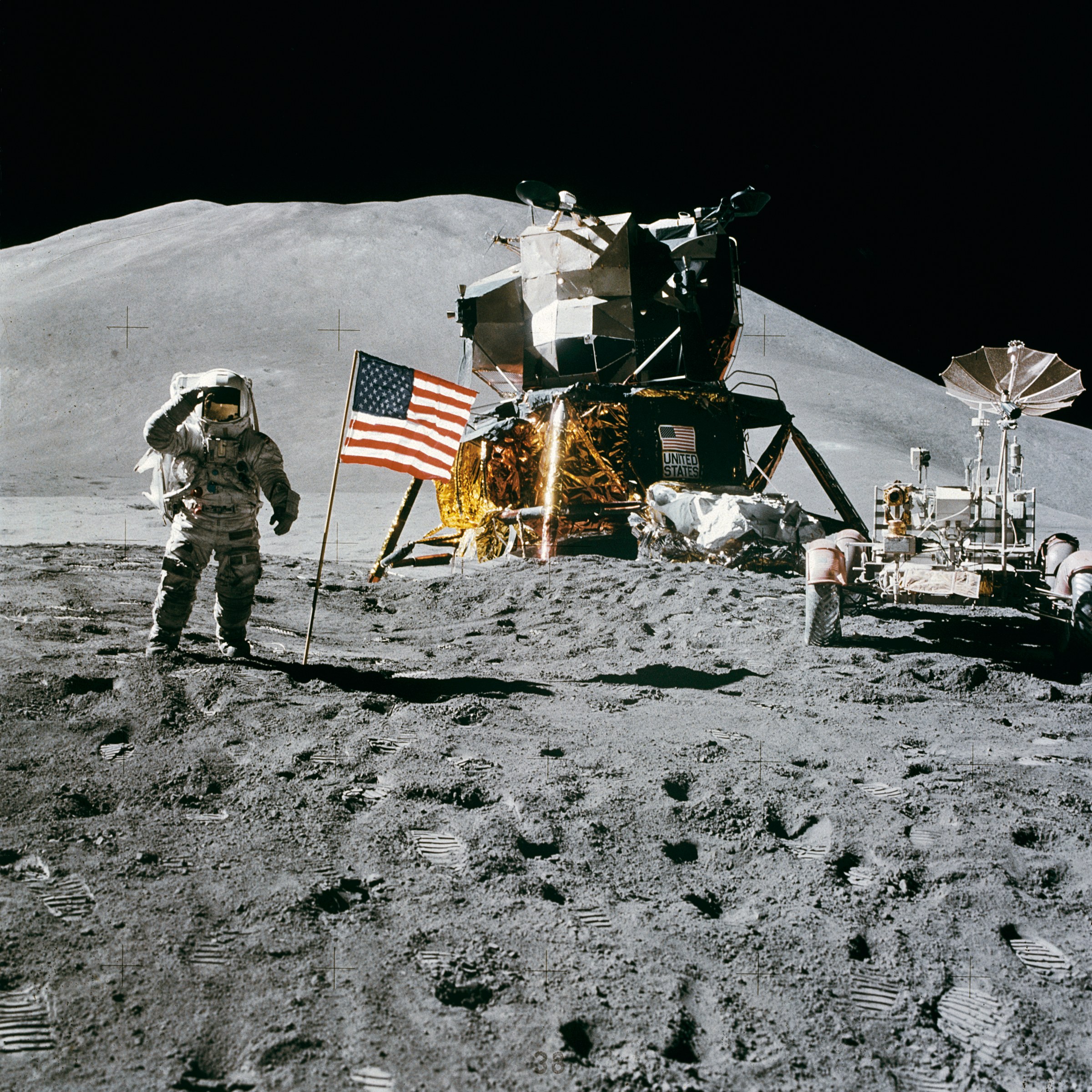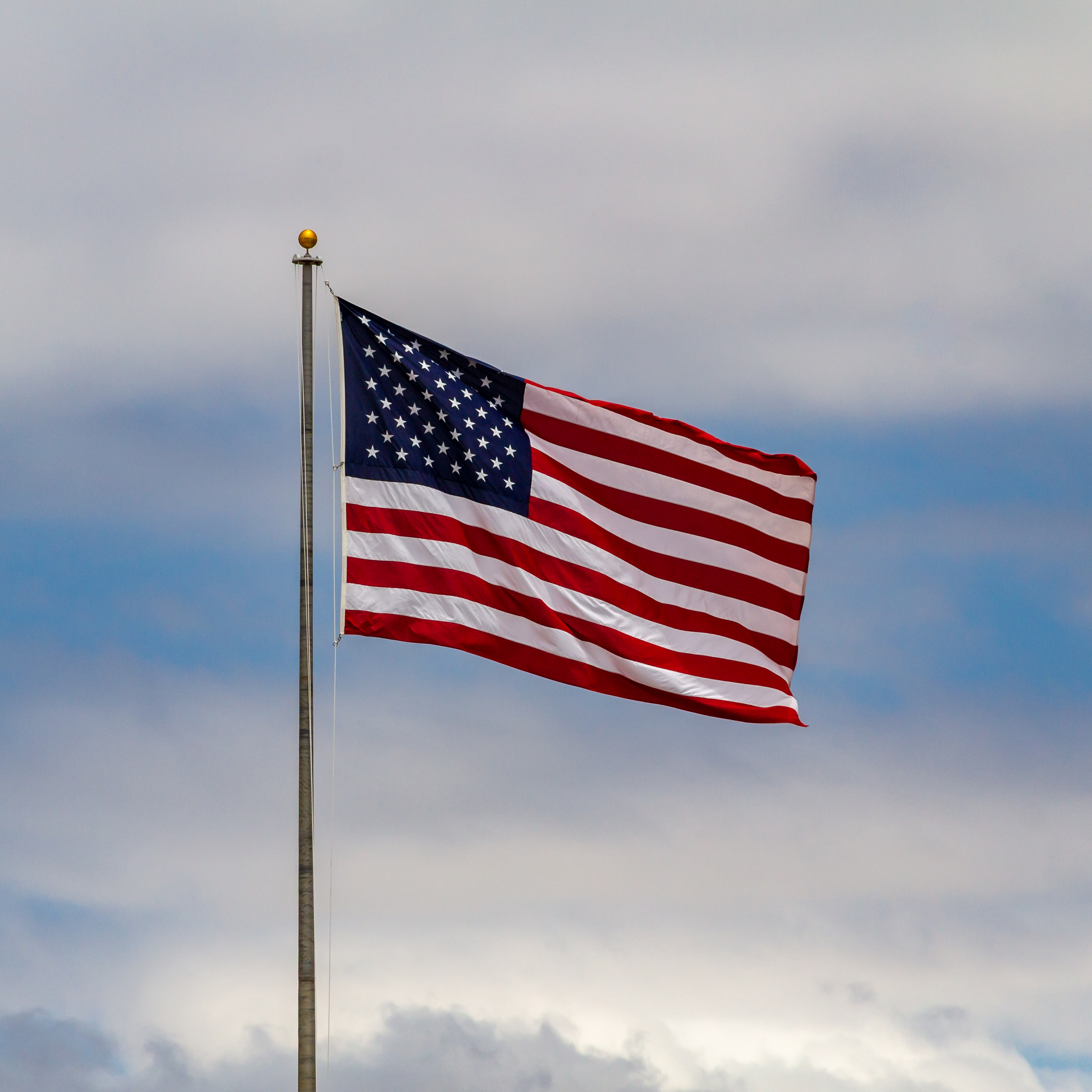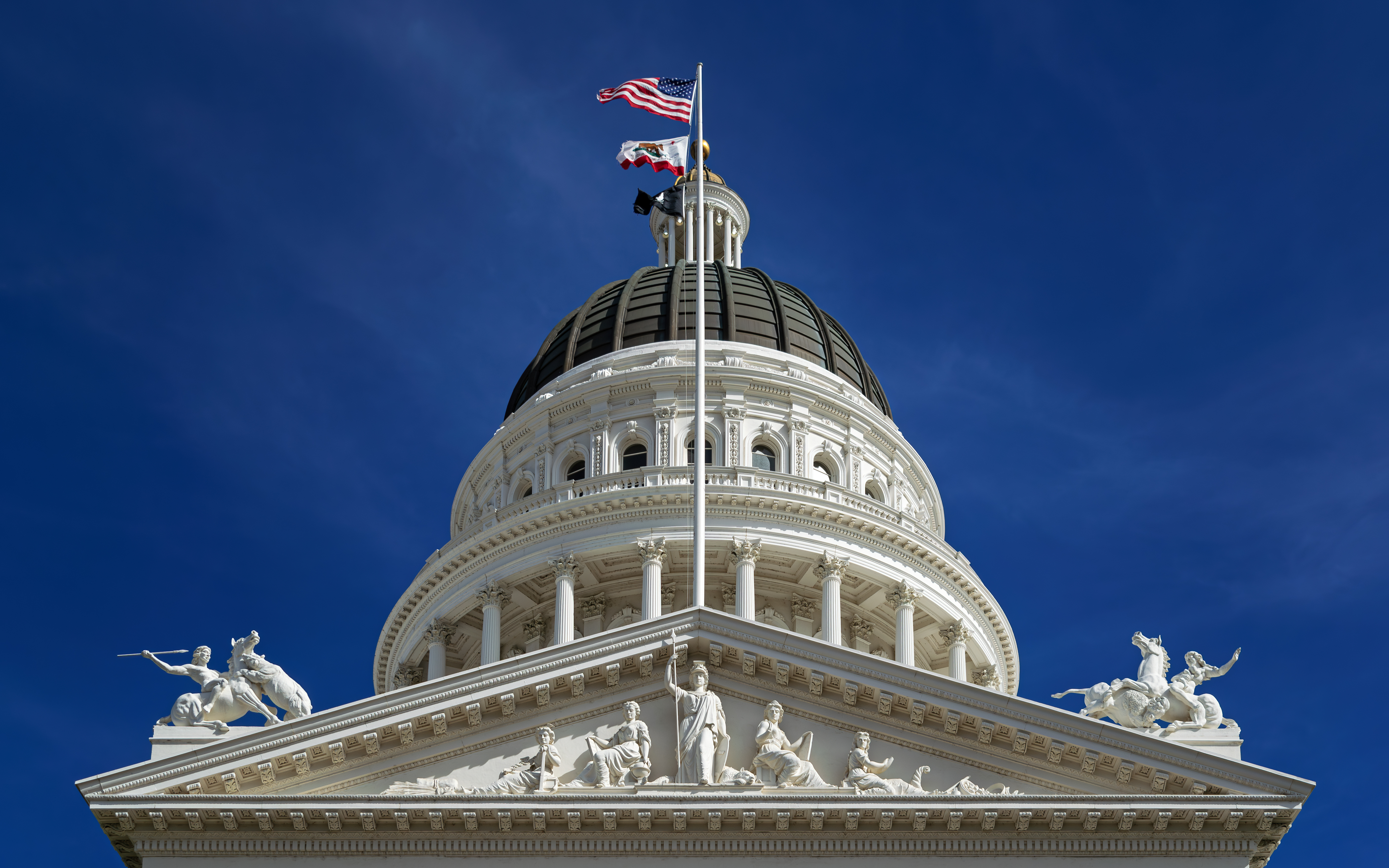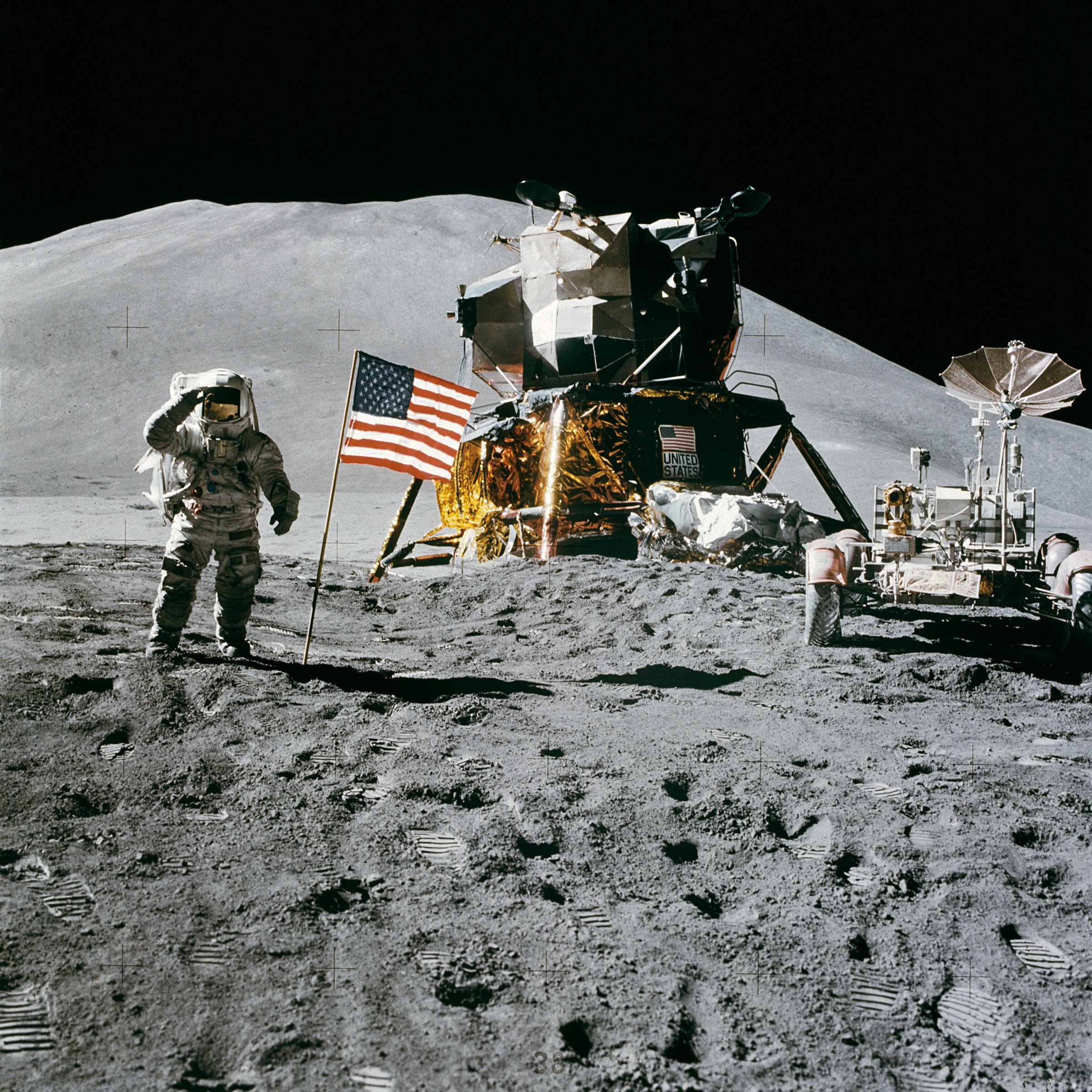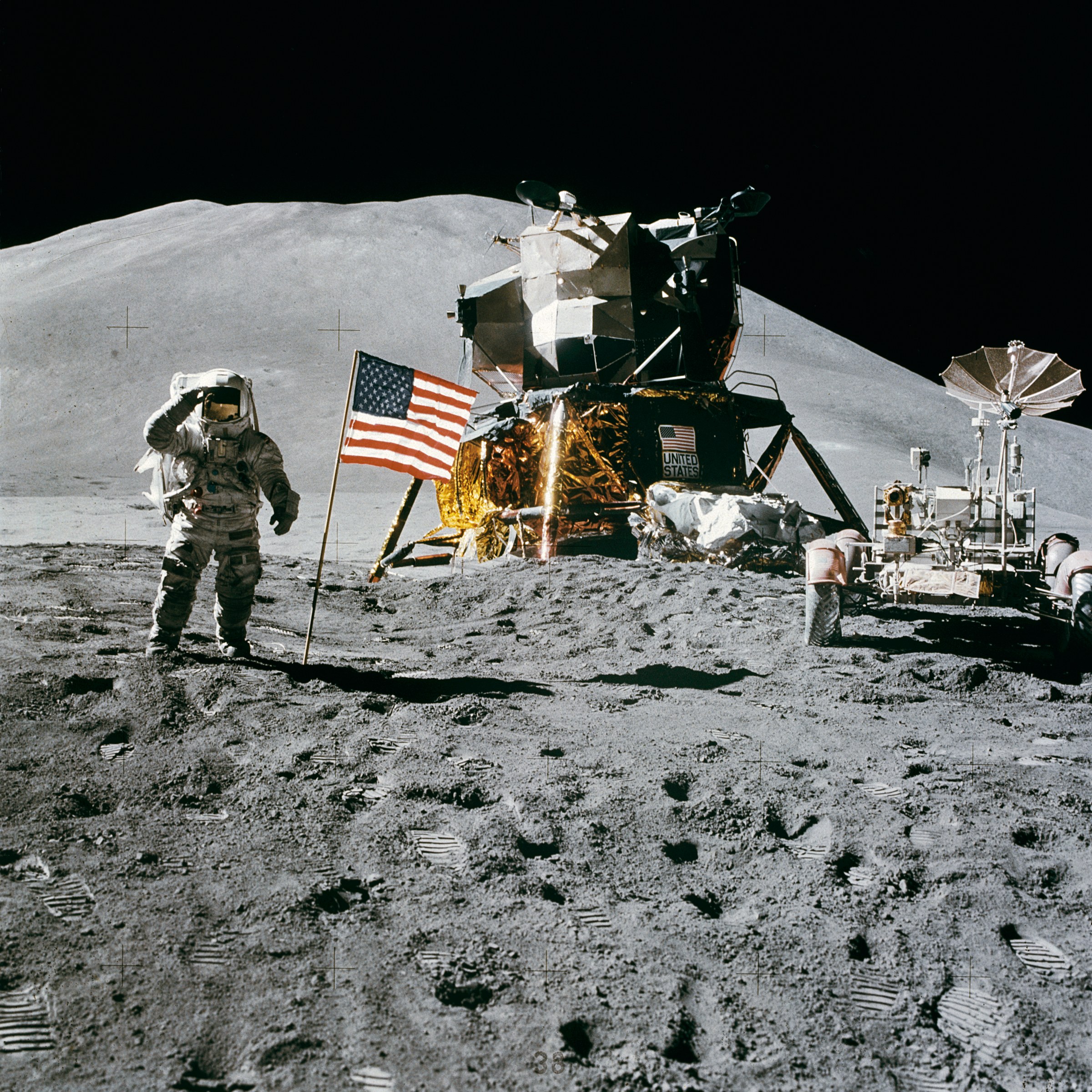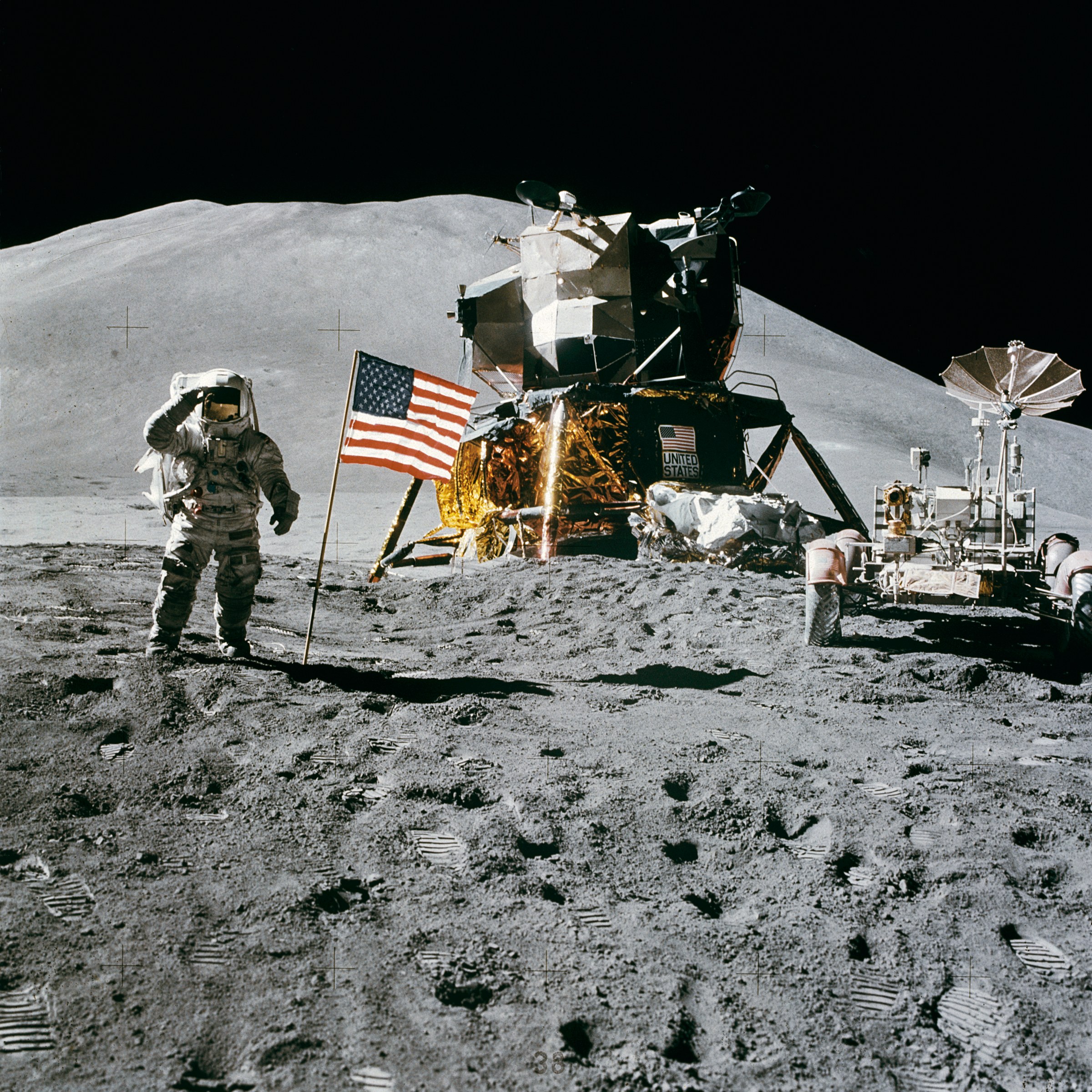In a nation where everything from breakfast cereal to baseball has been conscripted into culture war service, perhaps it was inevitable that denim would eventually find itself on the ideological battlefield. Yet even by today’s standards of manufactured outrage, the progressive meltdown over Sydney Sweeney’s American Eagle advertisement represents a new low in cultural absurdity—and a refreshing high in American common sense.
The controversy, such as it was, erupted when the “Euphoria” star appeared in a straightforward jeans commercial that committed the apparently unforgivable sin of featuring an attractive young woman selling American-made clothing without the requisite genuflection to progressive orthodoxy. The response from the cultural commissars was swift and predictable: accusations of promoting “unrealistic beauty standards,” whispers about “white privilege,” and the usual litany of grievances that accompany any celebration of traditional American beauty.
Sweeney’s response was masterful in its simplicity. Rather than issuing the groveling apology that has become de rigueur in Hollywood, she offered a refreshingly straightforward defense: “I love jeans, it was great jeans.” This matter-of-fact embrace of capitalism and personal choice—wearing “jeans and a T-shirt every day”—represents something increasingly rare in our cultural landscape: authentic American confidence.
What makes this moment particularly significant is not just Sweeney’s refusal to bend the knee, but what her defiance represents. Here is a young woman who has reportedly maintained her Republican registration while ascending to the heights of an industry notorious for its ideological conformity. Her success in Hollywood while holding conservative values demonstrates that excellence transcends politics—a lesson the entertainment establishment seems determined to forget.
The progressive response reveals something deeper than mere political disagreement. It exposes a fundamental discomfort with the very idea of unapologetic American success. When Vice President Vance observed that Democrats’ strategy involves “calling everyone who thinks Sydney Sweeney is attractive a Nazi,” he identified the intellectual bankruptcy at the heart of modern progressivism. A movement that sees fascism in female beauty and white supremacy in denim marketing has lost not just the plot, but any claim to serious cultural leadership.
This manufactured controversy also highlights the beautiful simplicity of the American marketplace, where talent meets opportunity without ideological litmus tests. Sweeney’s partnership with American Eagle represents capitalism at its finest—a mutually beneficial arrangement that creates value for consumers, profits for businesses, and opportunities for artists. No government intervention required, no diversity consultants needed, just the timeless American formula of hard work meeting market demand.
The cultural significance extends beyond one advertisement or one actress. Sweeney’s confident navigation of this manufactured storm signals something important: a new generation of Americans who refuse to be bullied into submission by increasingly desperate progressive gatekeepers. Her calm professionalism in the face of coordinated attacks suggests that the era of preemptive apologies and performative wokeness may finally be drawing to a close.
As we witness the continued collapse of woke corporate messaging and the public’s growing fatigue with manufactured outrage, moments like these offer genuine cause for optimism. When a simple jeans advertisement can trigger such disproportionate fury from the cultural left, it suggests their grip on the American imagination is far more tenuous than they’d like to admit.
The future of American culture lies not in the sterile conformity demanded by progressive orthodoxy, but in the confident individualism embodied by figures like Sweeney. Her success proves that Americans still reward authenticity over ideology, excellence over grievance, and honest work over political posturing. In defending her right to sell jeans without apology, she’s defending something far more valuable: the American way of life itself.

